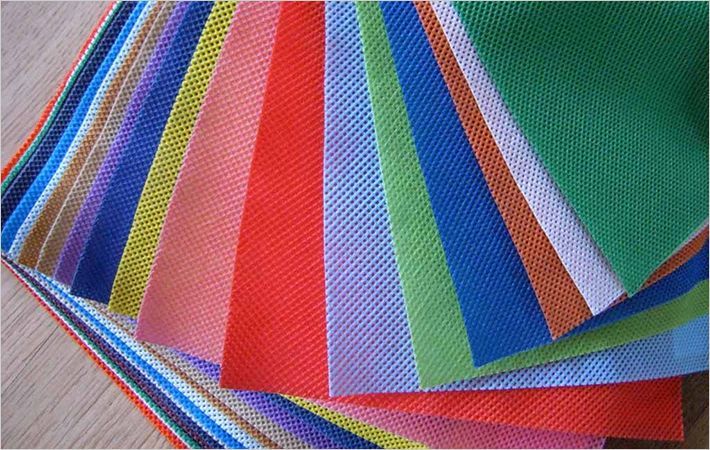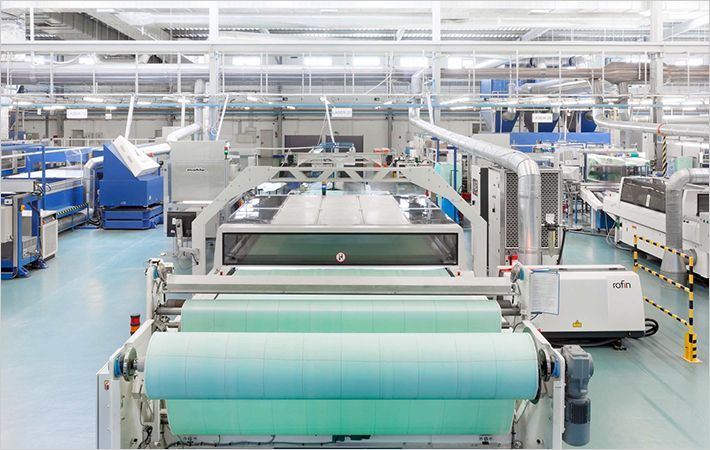Shandong Shenda Chemical Industry Co., Ltd. , has selected UNIPOL™ Polypropylene Process Technology from The Dow Chemical Company (Dow) for its new 200 KTA methanol-based polypropylene plant to produce homopolymers, random copolymers and impact copolymers.
“We're honored Shenda chose UNIPOL Polypropylene Technology for this project,” said Tracy Cleckler, global commercial director, Dow Polypropylene Licensing and Catalysts business. “With an ever changing market, the UNIPOL Polypropylene Process enables our customers to build and operate facilities capable of producing a full range of performance polypropylene products.”Shandong Shenda Chemical Industry Co., Ltd. , has selected UNIPOL™ Polypropylene Process Technology from The Dow Chemical Company (Dow) for its new 200 KTA methanol-based polypropylene plant to #
With Dow's first six licenses to state-owned entities in China, Shandong Shenda Chemical Industry Co., Ltd., is the first private company licensee in that country and the seventh licensee of UNIPOL PP Process Technology overall. Shenda is a private company and now controlled by Legend Holdings Limited, located in Tengzhou City, Shandong Province, P.R.C. Legend Holdings is a parent subsidiary structure with business in several industries in China including its well-known IT business.
“We are excited to contribute to the growing polypropylene market in China with UNIPOL Polypropylene Technology at our Shandong facility,” said Mr. Shao Bo, general manager of Shenda. “With this technology, Dow is giving us the opportunity to offer a variety of polypropylene resins to convertors in China and around the globe.”
There are currently 46 operating lines worldwide using UNIPOL Polypropylene Technology from Dow Performance Plastics Licensing and Catalysts. The UNIPOL Polypropylene Process is an all gas-phase process for producing the broadest range of polypropylene resins. Its simple design is consistent in terms of product quality and energy efficiency, requiring no equipment for handling, separating or recycling solvents. The system's fluidized-bed reactors and high performance CONSISTA™ Catalyst Systems and SHAC™ Catalyst Systems give manufacturers the flexibility to produce homopolymers, random copolymers and impact copolymers.
“We are working to help our customers meet the market needs in Asia by providing the lowest total investment and operating costs. This latest license will further address the growing demand for polypropylene the region,” said Cleckler.
Resins produced by UNIPOLTM Polypropylene Technology from Dow account for 17 percent of global polypropylene output. Polypropylene is a versatile plastic used in packaging, durable goods, automotive parts, non-wovens, fibers and consumer applications.
About Dow
Dow (NYSE: DOW) combines the power of science and technology with the "Human Element" to passionately innovate what is essential to human progress. The Company connects chemistry and innovation with the principles of sustainability to help address many of the world's most challenging problems such as the need for clean water, renewable energy generation and conservation, and increasing agricultural productivity. Dow's diversified industry-leading portfolio of specialty chemical, advanced materials, agrosciences and plastics businesses delivers a broad range of technology-based products and solutions to customers in approximately 160 countries and in high growth sectors such as electronics, water, energy, coatings and agriculture. In 2010, Dow had annual sales of $53.7 billion and employed approximately 50,000 people worldwide. The Company's more than 5,000 products are manufactured at 188 sites in 35 countries across the globe. References to "Dow" or the "Company" mean The Dow Chemical Company and its consolidated subsidiaries unless otherwise expressly noted.
Dow

